The annual Kotcse picnic will be held on Sunday, where it has become customary for Viktor Orban to give his assessment of political developments, ahead of invited figures from the conservative intellectual and business community. The civic picnic has been organised since 2004 by the Foundation for a Civic Hungary at the Dobozy Mansion in Kotcse. The speeches delivered there by the prime minister traditionally mark the start of the political season. This year’s picnic will break new ground: unlike in the past, Mr. Orban will not hold his assessment behind closed doors, as for the first time the proceedings will be broadcast live on Facebook.
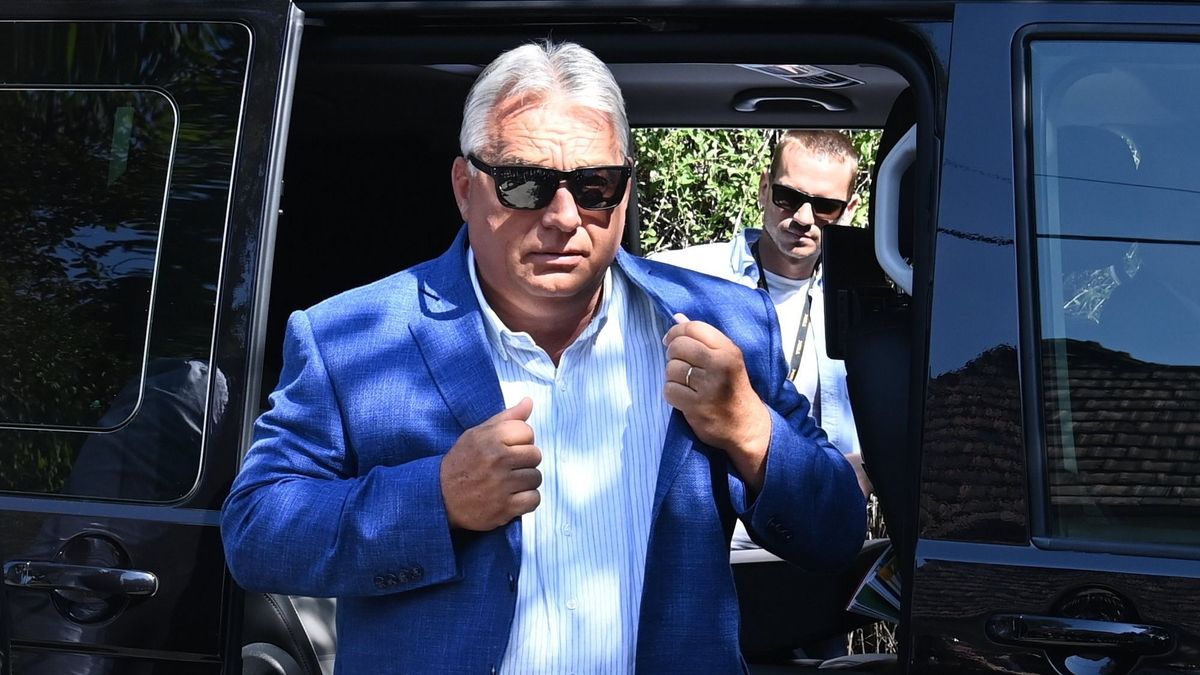
In his speeches at Kotcse, the prime minister traditionally reflects on questions of national destiny, speaks about Hungary’s place and role in the world, gives regular assessments of domestic and foreign policy, and sets out governmental priorities and direction for the period ahead.
With parliamentary elections scheduled for next spring, the prime minister may well address the issue in detail. This is reinforced by the fact that two weeks ago, while holidaying in Croatia, he announced that he and his close colleagues had drawn up a victory plan for 2026.
Other topics may include the state of the European Union, the war in Ukraine, and the global changes triggered by last year’s U.S. presidential election. Economic issues and support for families are also expected to feature.
PM Orban On Loyalty And Neutrality
Although last year’s Kotcse assessment was delivered behind closed doors, Mr. Orban later shared several details from his speech. At the 2023 picnic, he said he believed the right’s greatest advantage over the left was loyalty.
“The Hungarian people can be certain of this: they can always count on us. We do not run away, we do not look for separate paths. We will stay here. That is our mission. And the precondition for fulfilling that mission is electoral victory time and again, along with modesty, humility, and work,
– he stressed.
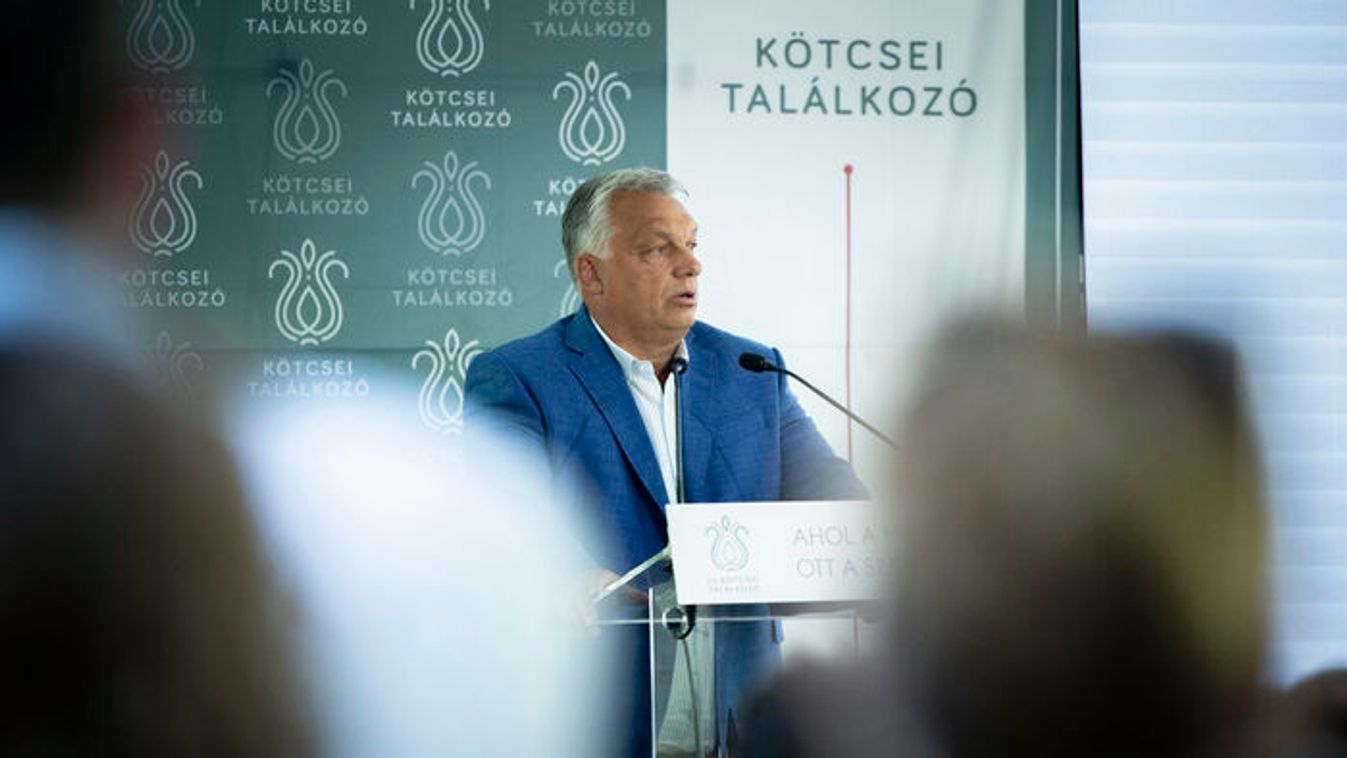
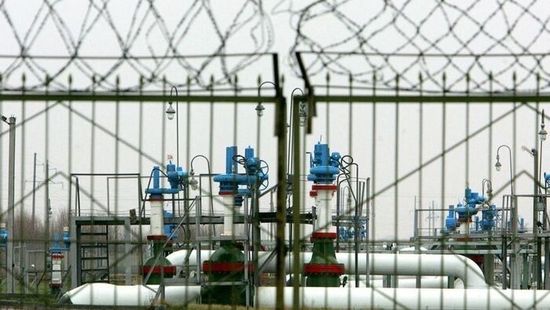
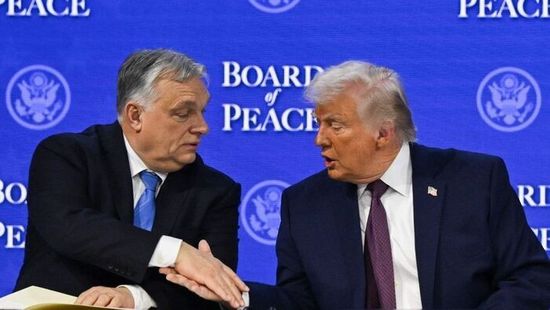
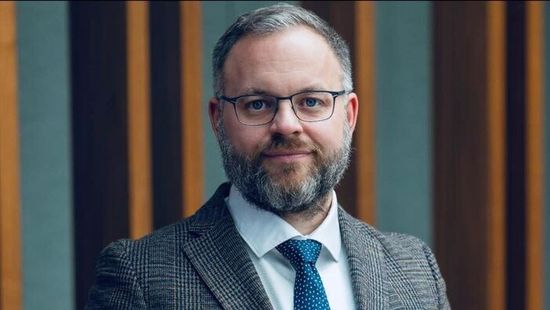
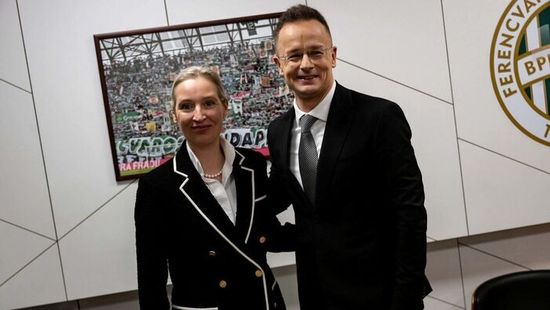


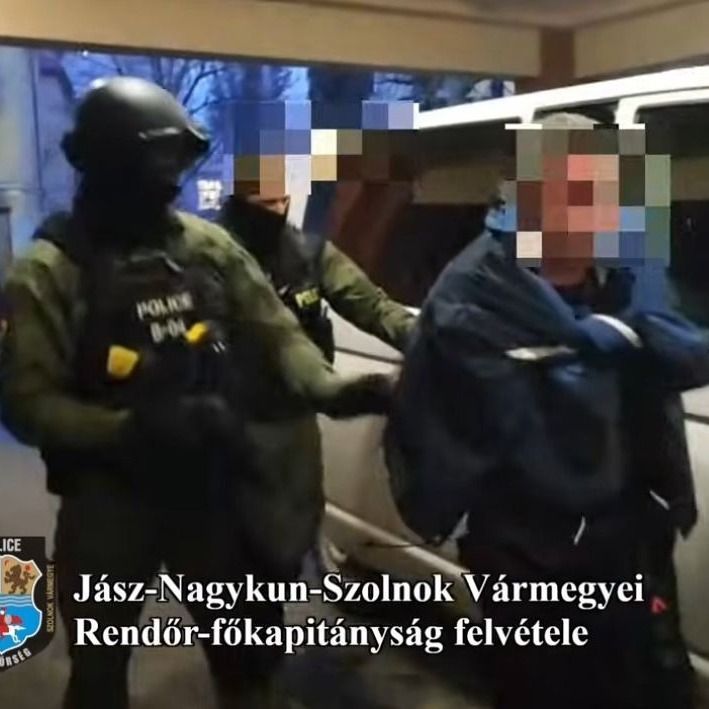
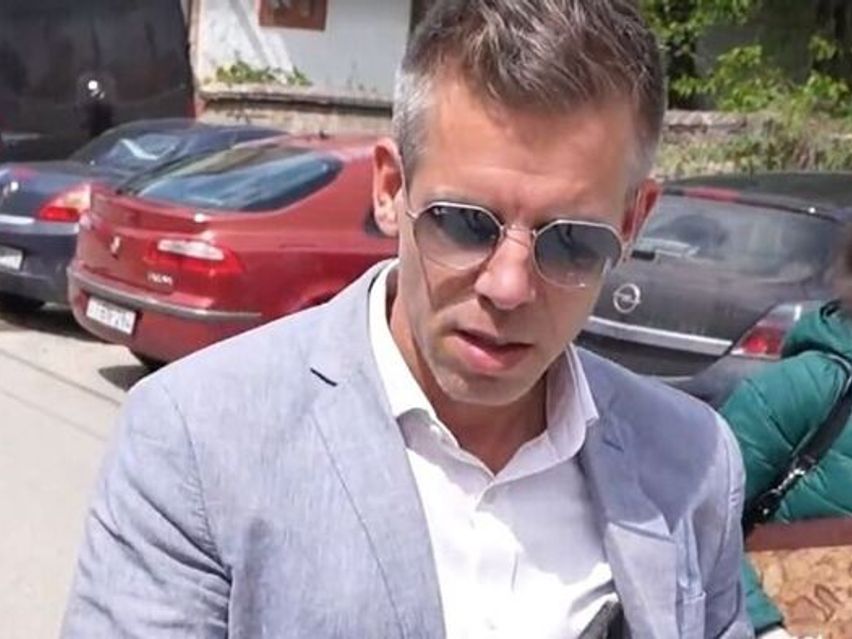
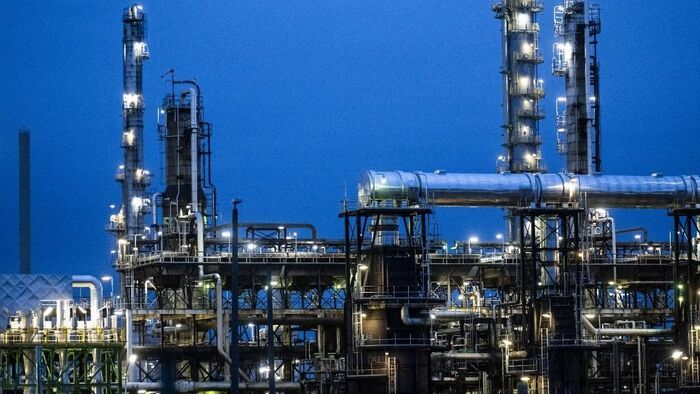

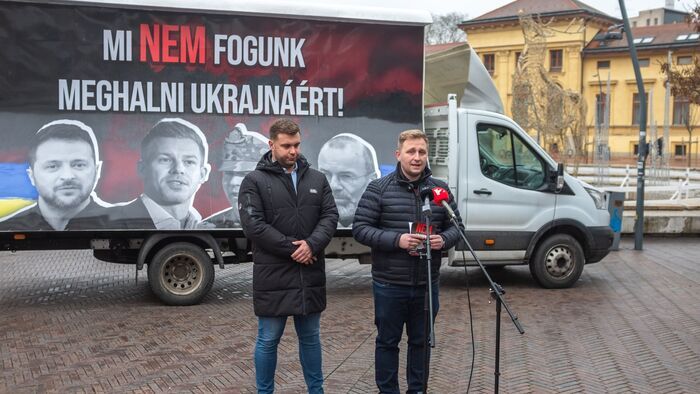
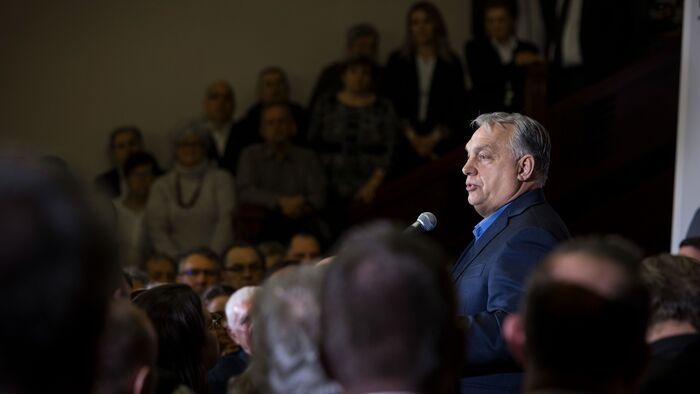
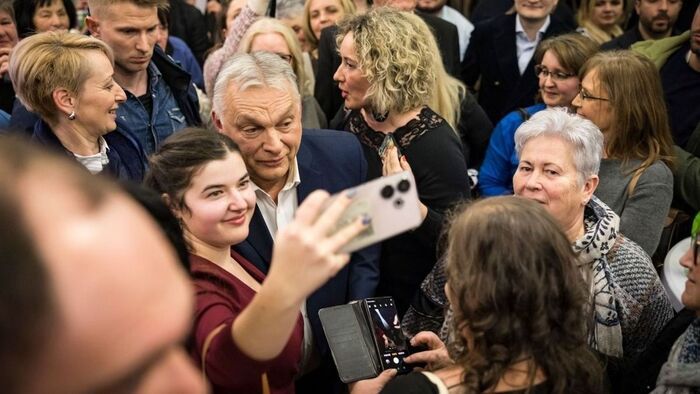
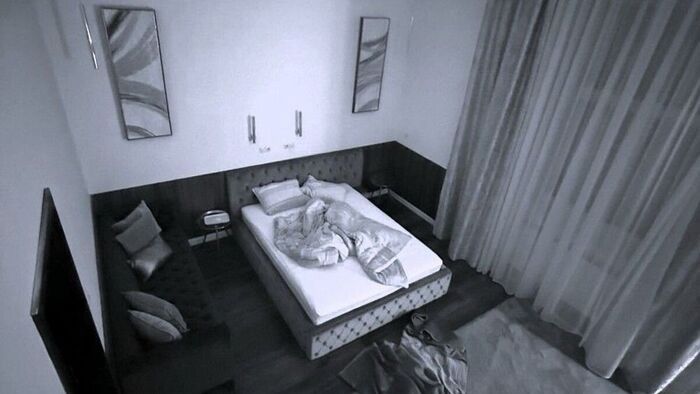
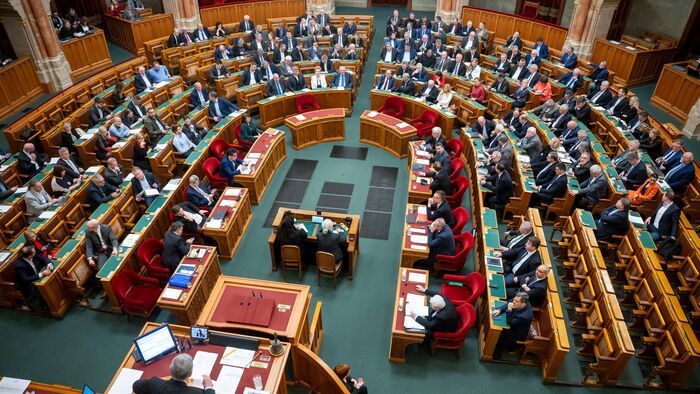
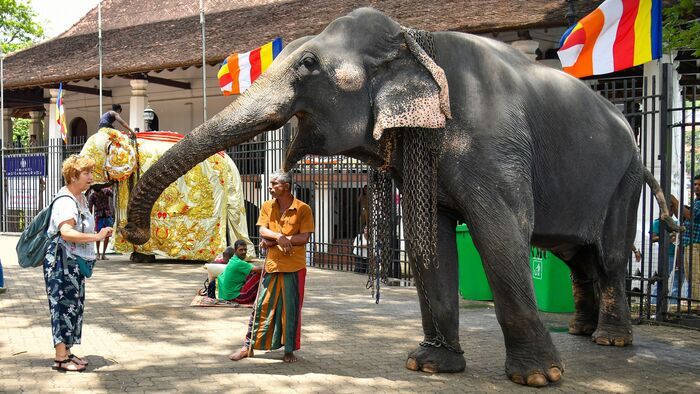
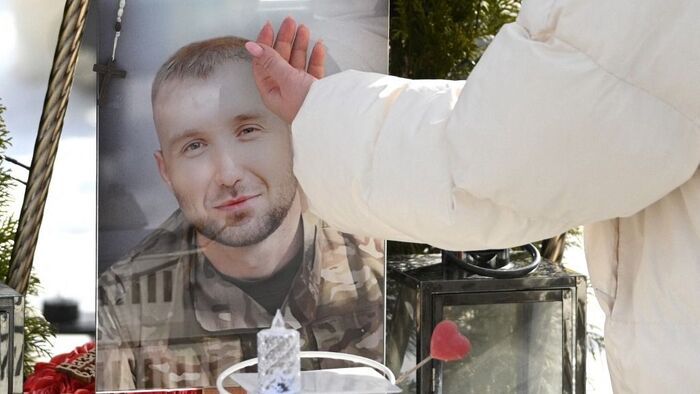

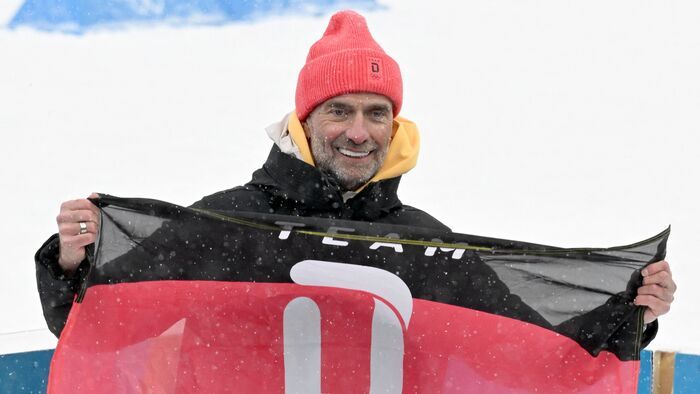



Szóljon hozzá!
Jelenleg csak a hozzászólások egy kis részét látja. Hozzászóláshoz és a további kommentek megtekintéséhez lépjen be, vagy regisztráljon!